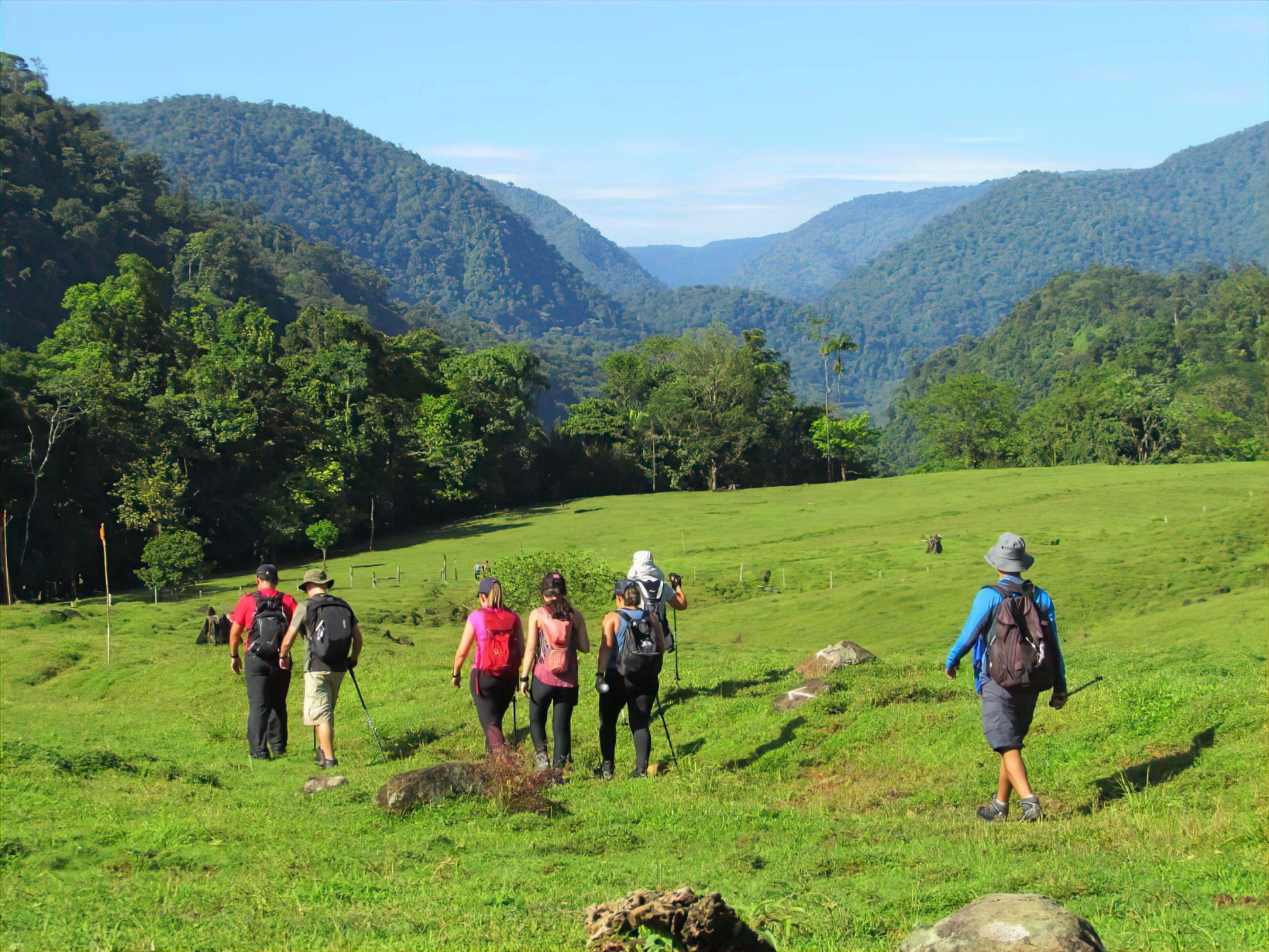Introduction:
In 2022, Costa Rica made a groundbreaking move with the introduction of Law 10234, which extends Free Trade Zone (FTZ) benefits to ecotourism projects located outside the Greater Metropolitan Area (GMA). This marks the first time in the world that FTZ incentives have been applied to sustainable tourism ventures—a move that reflects Costa Rica’s commitment to balancing economic development with environmental conservation. This law has created exciting opportunities for investors looking to tap into Costa Rica’s thriving ecotourism market, while benefiting from substantial tax breaks and financial incentives.
The Historical Context of Free Trade Zones (FTZs):
The concept of Free Trade Zones dates back to Shannon, Ireland, in 1959, where the first FTZ was established to encourage foreign trade by offering tax exemptions and relaxed customs regulations. This model was adopted globally, and Costa Rica followed suit in 1990, creating its own FTZ regime to attract foreign investment, particularly in manufacturing, technology, and renewable energy. Over the years, the FTZ regime has played a crucial role in the country’s economic growth.
However, in 2022, Costa Rica took a bold step by extending FTZ benefits to ecotourism, a sector that has long been integral to the country’s identity and environmental protection efforts.
Understanding Costa Rica’s New FTZ Law:
Costa Rica’s Law 10234, also known as the “Ley de Fortalecimiento de la Competitividad Territorial”, was introduced to stimulate economic development outside the Greater Metropolitan Area (GMA). By encouraging investment in rural areas and protected regions, the law seeks to bring prosperity to communities that have historically been excluded from the country’s primary economic hubs.
What makes this law so revolutionary is that it is the first of its kind to apply FTZ benefits to ecotourism, reflecting the growing importance of sustainable tourism as a driver of economic and social progress, especially in areas rich in natural beauty and biodiversity.
How This Law Benefits Ecotourism Projects:
The FTZ benefits outlined in Law 10234 include:
- Tax Exemptions: Companies operating under the FTZ regime are eligible for 0% corporate income tax for the first twelve years, followed by a 50% tax rate for the next six years.
- Customs Duties Exemption: Companies can import materials, machinery, and equipment duty-free, significantly reducing upfront costs for ecotourism developments.
- VAT Exemption: Businesses involved in ecotourism projects are exempt from local VAT (currently 13%) on their purchases of goods and services related to the operation.
- Social Security Reductions: FTZ companies enjoy reductions on social security contributions for up to ten years, providing additional financial relief.
- Simplified Bureaucracy: FTZ companies benefit from expedited processes in obtaining permits, licenses, and approvals, making it easier to establish and operate their businesses.
The Sanctuary: A Case Study in FTZ Benefits:
One of the most exciting aspects of Law 10234 is its potential to support projects like The Sanctuary, which is located in a protected area and focuses on conservation and sustainable ecotourism. While The Sanctuary has not yet received these FTZ benefits, it is strategically positioned to be one of the first projects to apply for and benefit from the FTZ incentives, once the legal and administrative processes are complete.
By leveraging the FTZ benefits, The Sanctuary aims to reduce operational costs, attract international investment, and provide a premier eco-experience for visitors—all while contributing to the preservation of Costa Rica’s rich biodiversity.
Why This Law Matters for Investors:
The introduction of FTZ benefits for ecotourism is not just a win for Costa Rica; it’s a game-changer for investors around the world. The law creates a unique opportunity to invest in sustainable, impact-driven projects that offer not only financial returns but also the chance to play a key role in environmental conservation.
With protected areas like The Sanctuary benefiting from these incentives, investors can capitalize on the growing global demand for eco-friendly travel experiences while supporting communities and preserving Costa Rica’s natural heritage.
The Road Ahead for Ecotourism Investors:
Costa Rica’s Free Trade Zone Law 10234 represents a pioneering opportunity for ecotourism projects and investors alike. By extending FTZ benefits to ecotourism, Costa Rica is positioning itself as a leader in sustainable tourism, offering a model for other countries to follow.
The Sanctuary, as one of the first projects poised to benefit from this law, serves as an example of how economic development and environmental conservation can coexist to create long-term, sustainable growth.
For those interested in exploring how to get involved in this groundbreaking opportunity, we invite you to reach out and learn more about how The Sanctuary is poised to lead the way in sustainable ecotourism in Costa Rica.

